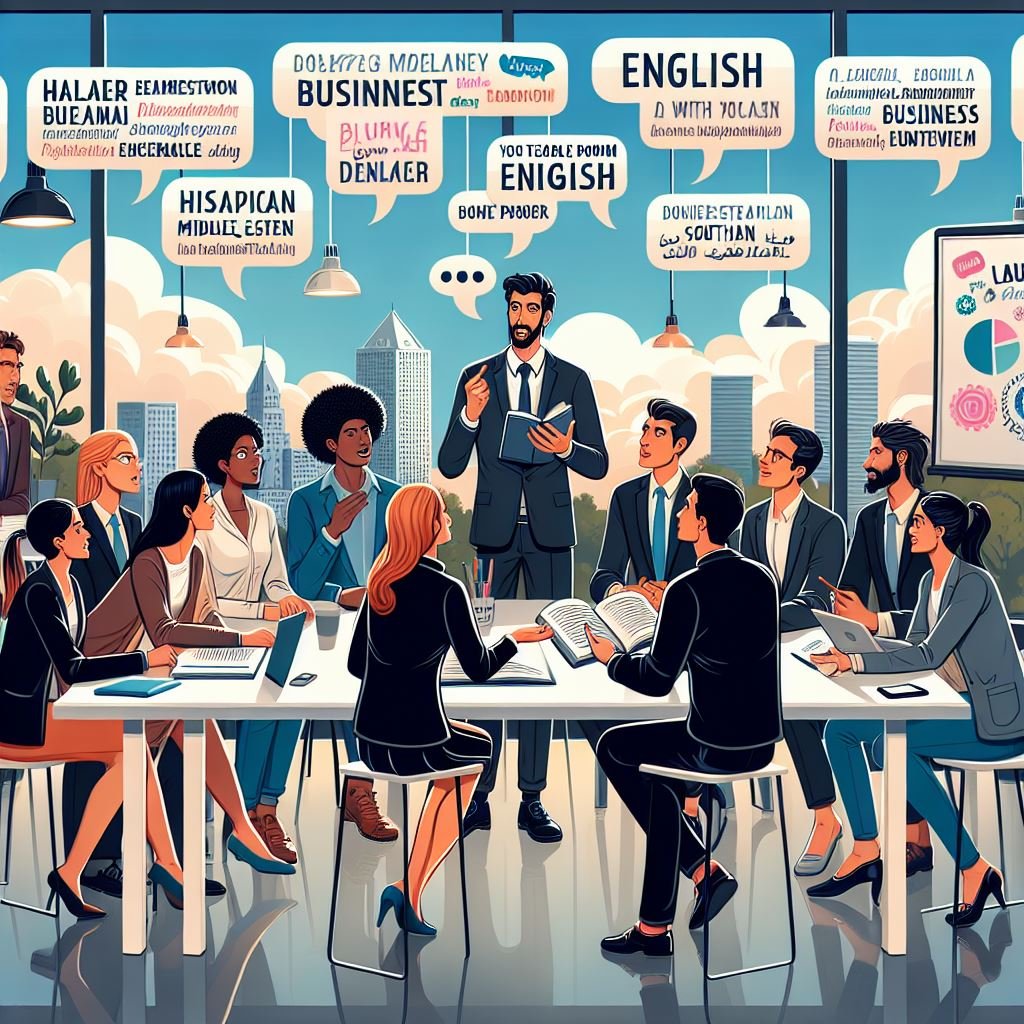30 Conditional Tense English Flashcards
Master English conditionals with these vibrant, interactive flashcards. Each card covers a key type, structure, use, or example for conditional sentences.
Zero Conditional: Fact
Definition: General truths or facts.
Example: “If you heat ice, it melts.”
[If + present simple, present simple]
Example: “If you heat ice, it melts.”
[If + present simple, present simple]
Zero Conditional: Cause & Effect
Definition: One thing always causes another.
Example: “If it rains, the grass gets wet.”
Example: “If it rains, the grass gets wet.”
Zero Conditional: When
Definition: “When” can replace “if”.
Example: “When you mix red and blue, you get purple.”
Example: “When you mix red and blue, you get purple.”
First Conditional: Real Future
Definition: Real, possible future situations.
Example: “If it rains, I will stay home.”
[If + present simple, will + infinitive]
Example: “If it rains, I will stay home.”
[If + present simple, will + infinitive]
First Conditional: Advice
Definition: Giving advice about the future.
Example: “If you study, you will pass the test.”
Example: “If you study, you will pass the test.”
First Conditional: Imperative
Definition: Use imperative in result clause.
Example: “If you see John, tell him to call me.”
Example: “If you see John, tell him to call me.”
First Conditional: Unless
Definition: “Unless” means “if not”.
Example: “I’ll go unless it rains.”
Example: “I’ll go unless it rains.”
Second Conditional: Unreal Present/Future
Definition: Hypothetical or unlikely situations.
Example: “If I won the lottery, I would travel.”
[If + past simple, would + infinitive]
Example: “If I won the lottery, I would travel.”
[If + past simple, would + infinitive]
Second Conditional: Advice
Definition: Giving advice with “If I were you”.
Example: “If I were you, I would take the job.”
Example: “If I were you, I would take the job.”
Second Conditional: Polite Requests
Definition: Making polite requests.
Example: “I would be grateful if you helped me.”
Example: “I would be grateful if you helped me.”
Second Conditional: Were for All Subjects
Definition: Use “were” for all subjects in formal English.
Example: “If I were rich, I’d travel the world.”
Example: “If I were rich, I’d travel the world.”
Third Conditional: Unreal Past
Definition: Imaginary situations in the past.
Example: “If I had studied, I would have passed.”
[If + past perfect, would have + past participle]
Example: “If I had studied, I would have passed.”
[If + past perfect, would have + past participle]
Third Conditional: Missed Opportunities
Definition: Expressing regret.
Example: “If you had called me, I would have come.”
Example: “If you had called me, I would have come.”
Third Conditional: Negative
Definition: “Hadn’t” and “wouldn’t have”.
Example: “If he hadn’t been late, he wouldn’t have missed the bus.”
Example: “If he hadn’t been late, he wouldn’t have missed the bus.”
Third Conditional: Questions
Definition: “Would you have… if…?”
Example: “Would you have helped me if I had asked?”
Example: “Would you have helped me if I had asked?”
Mixed Conditional: Past Condition, Present Result
Definition: Past condition, present result.
Example: “If I had studied, I would be a doctor now.”
Example: “If I had studied, I would be a doctor now.”
Mixed Conditional: Present Condition, Past Result
Definition: Present condition, past result.
Example: “If I were taller, I would have played basketball.”
Example: “If I were taller, I would have played basketball.”
Zero Conditional: Instructions
Definition: Giving instructions.
Example: “If you finish early, call me.”
Example: “If you finish early, call me.”
First Conditional: With “In Case”
Definition: For possible future needs.
Example: “Take an umbrella in case it rains.”
Example: “Take an umbrella in case it rains.”
Second Conditional: With “Could”
Definition: Use “could” for ability.
Example: “If I had a car, I could drive to work.”
Example: “If I had a car, I could drive to work.”
Third Conditional: With “Might Have”
Definition: Possibility in the past.
Example: “If she had known, she might have come.”
Example: “If she had known, she might have come.”
Zero Conditional: Negative
Definition: Use “don’t/doesn’t”.
Example: “If you don’t water plants, they die.”
Example: “If you don’t water plants, they die.”
First Conditional: Negative
Definition: Use “won’t”.
Example: “If you don’t hurry, you won’t catch the bus.”
Example: “If you don’t hurry, you won’t catch the bus.”
Second Conditional: Negative
Definition: Use “wouldn’t”.
Example: “If I didn’t like it, I wouldn’t eat it.”
Example: “If I didn’t like it, I wouldn’t eat it.”
Third Conditional: Negative
Definition: Use “hadn’t” and “wouldn’t have”.
Example: “If you hadn’t left, you wouldn’t have missed the show.”
Example: “If you hadn’t left, you wouldn’t have missed the show.”
Zero Conditional: Scientific Fact
Definition: For science and universal truths.
Example: “If you mix red and yellow, you get orange.”
Example: “If you mix red and yellow, you get orange.”
First Conditional: With “As Soon As”
Definition: Immediate future action.
Example: “As soon as I finish, I will call you.”
Example: “As soon as I finish, I will call you.”
Second Conditional: With “If Only”
Definition: Expressing wishes.
Example: “If only I had more time, I would travel.”
Example: “If only I had more time, I would travel.”
Third Conditional: With “If”
Definition: Regret about the past.
Example: “If I had known, I would have helped.”
Example: “If I had known, I would have helped.”
Mixed Conditional: Regret
Definition: Past condition, present regret.
Example: “If I had listened to you, I wouldn’t be in trouble now.”
Example: “If I had listened to you, I wouldn’t be in trouble now.”
